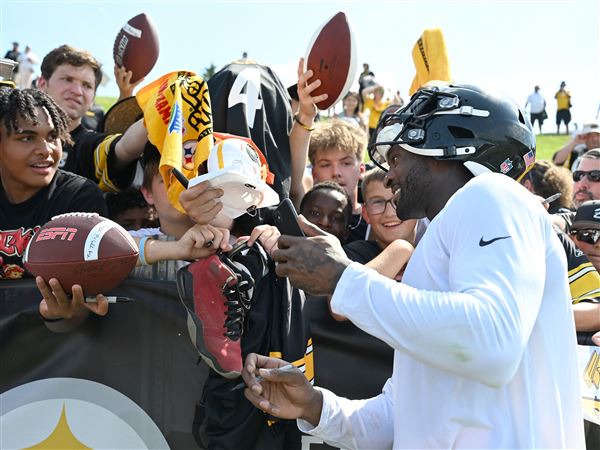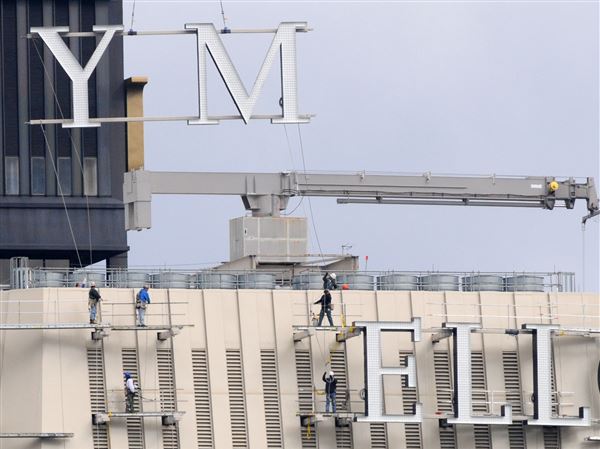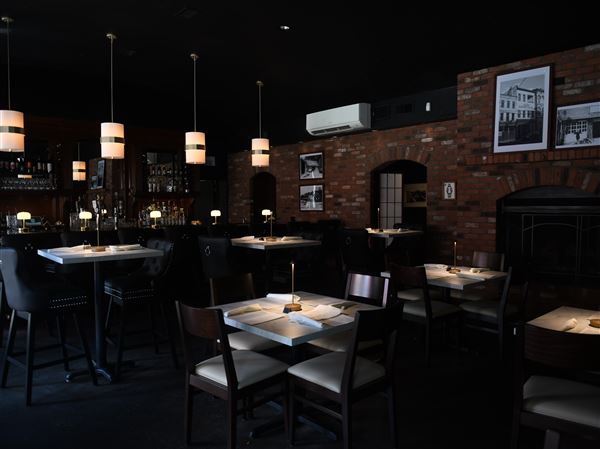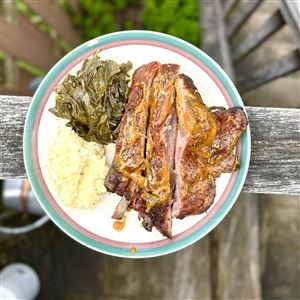TRIPOLI, Libya -- As the uprising grew against Moammar Gadhafi, secret reports from his vaunted intelligence service flowed back to Tripoli. Some were mundane -- how agents erased anti-regime graffiti. Others were more deadly -- a spy volunteered to poison rebel leaders' food and drink.
The reports grew more desperate as the Libyan rebellion veered into civil war: Military leaders in the western mountains were disregarding orders; troops in the city of Misrata ran out of ammunition, turning the situation into "every man for himself."
These reports and hundreds of other intelligence documents seen by The Associated Press in Tripoli trace how the tide shifted in the 6-month uprising that ended Col. Gadhafi's 42-year reign. They show how an authoritarian regime using all its means failed to quash an armed rebellion largely fueled by hatred of its tools of control.
The Arab-language documents read and photographed by an AP reporter during a visit to Tripoli's intelligence headquarters contain a mixture of military data and regime propaganda. Amid reports on rebels' movements, phone tap records and dispatches from Col. Gadhafi's domestic agents are memos claiming that al-Qaida was behind the rebellion, and that 4,000 U.S. troops were about to invade from Egypt.
The uprising began in mid-February when security forces used deadly fire to suppress anti-government demonstrations in the eastern city of Benghazi. The opposition responded to the fierce crackdown by taking up arms, quickly seizing a large swath of eastern Libya and establishing a temporary administration.
The conflict changed to civil war as rebel forces grew, expelling government forces from the western city of Misrata and seizing much of the western Nafusa mountain range. It was from there that they pushed to the coast, then stormed into the capital Aug. 21, effectively ending Col. Gadhafi's rule.
Throughout the war, Col. Gadhafi's security offices in Tripoli directed efforts to quash the rebellion. Among those leading the charge was intelligence chief Abdullah al-Senoussi. Early on, his office struggled to understand the situation in Benghazi, birthplace of the rebels' National Transitional Council.
One of the handwritten intelligence reports, written by a man who said he had "infiltrated" the rebel council, gave the names of five members, their background and hotels they frequented. The note concluded with an offer to kill the council members.
The author is not identified. No council members have been killed by Col. Gadhafi's regime.
Another report parroted stories spread by Libyan state media that the rebels were linked to Osama bin Laden's al-Qaida terrorist group, that they lacked local support, and that they carried Viagra and condoms into battle so they could rape women. The regime took these claims to the international community, especially after NATO began bombing Libyan military targets under a U.N. mandate to protect civilians.
One document discovered was a draft letter from Col. Gadhafi to President Barack Obama. "It is necessary to support Libya to get rid of the armed men of al-Qaida before all of north Africa falls into the hands of bin Laden," it said. It is unclear if the letter was ever sent.
First Published: September 6, 2011, 4:00 a.m.













